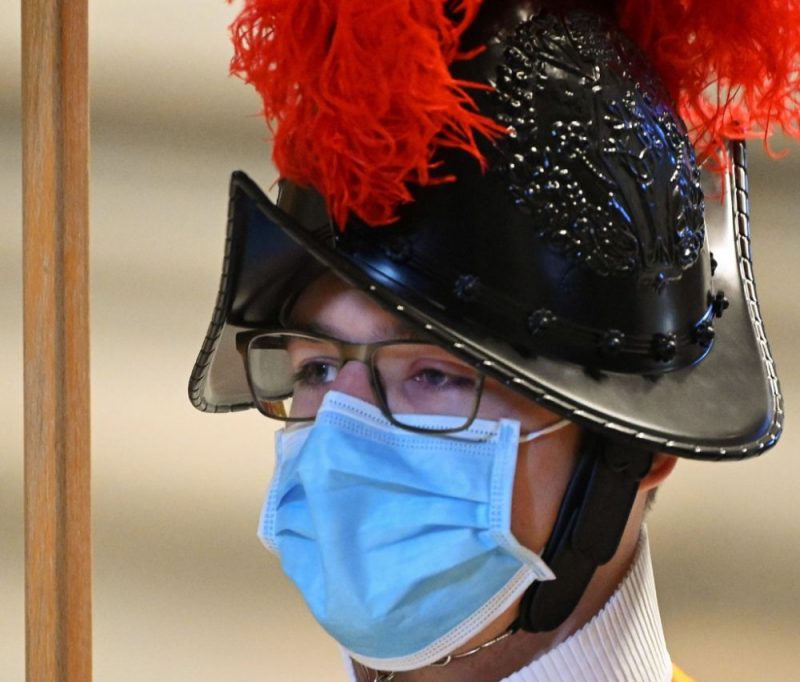
Photo: EPA / Scanpix / LETA
2:06 PM, November 19, 2021
–
People who have not been vaccinated against Covid-19 will be able to ignore self-isolation upon arrival in Latvia from two countries, according to the Center for Disease Prevention and Control (SPC).
–
Cocktail
This day will become more and more magical with each hour! Horoscopes for November 19th
19 hours
–
The news
Collect signatures for the granting of a Covid-19 certificate to the “self-responsible” non-vaccinated population
1 day
–
Cocktail
PHOTO. Queen Elizabeth II, 95, will not return to office
2 days
–
Non-vaccinated residents will not have to observe self-isolation when arriving in Latvia from Spain and the Vatican. Malta, on the other hand, was removed from the list of safe countries.
According to the data of the European Center for Disease Prevention and Control, the 14-day cumulative morbidity rate per 100,000 population per week in Latvia has decreased from 1533.3 to 1111.4 cases, which is currently the seventh highest among the EU and EEA countries.
In Estonia, the morbidity rate also decreased during the past week, reaching 1067.1 (a week earlier – 1697.8). In turn, Lithuania’s indicator has decreased from 1401.6 to 1213.8.
Outside the EU and the EEA, non-vaccinated people will have to adhere to self-isolation after returning from Britain, Canada, Uruguay, Chile, Jordan and Australia.
Green countries currently include Qatar, Rwanda, Saudi Arabia, South Korea, New Zealand, Taiwan, Kuwait, the Macao SAR and the Hong Kong SAR.
When entering Latvia from a country where the 14-day cumulative number of Covid-19 cases per 100,000 population exceeds 75, it is mandatory to observe ten days of self-isolation.
The self-isolation time may be reduced if the test is repeated on the seventh day and is negative. The test result must be recorded in the test certificate. Self-isolation may be waived by persons with a valid vaccination or disease certificate.
Self-isolation may be waived for children under the age of 12 traveling with adults who are exempt from self-isolation.
However, in such cases, children do not have close contacts with persons outside their household, do not attend public events, do not use public transport, and do not use public transport for ten days after leaving the high-risk country.
Themes
–


